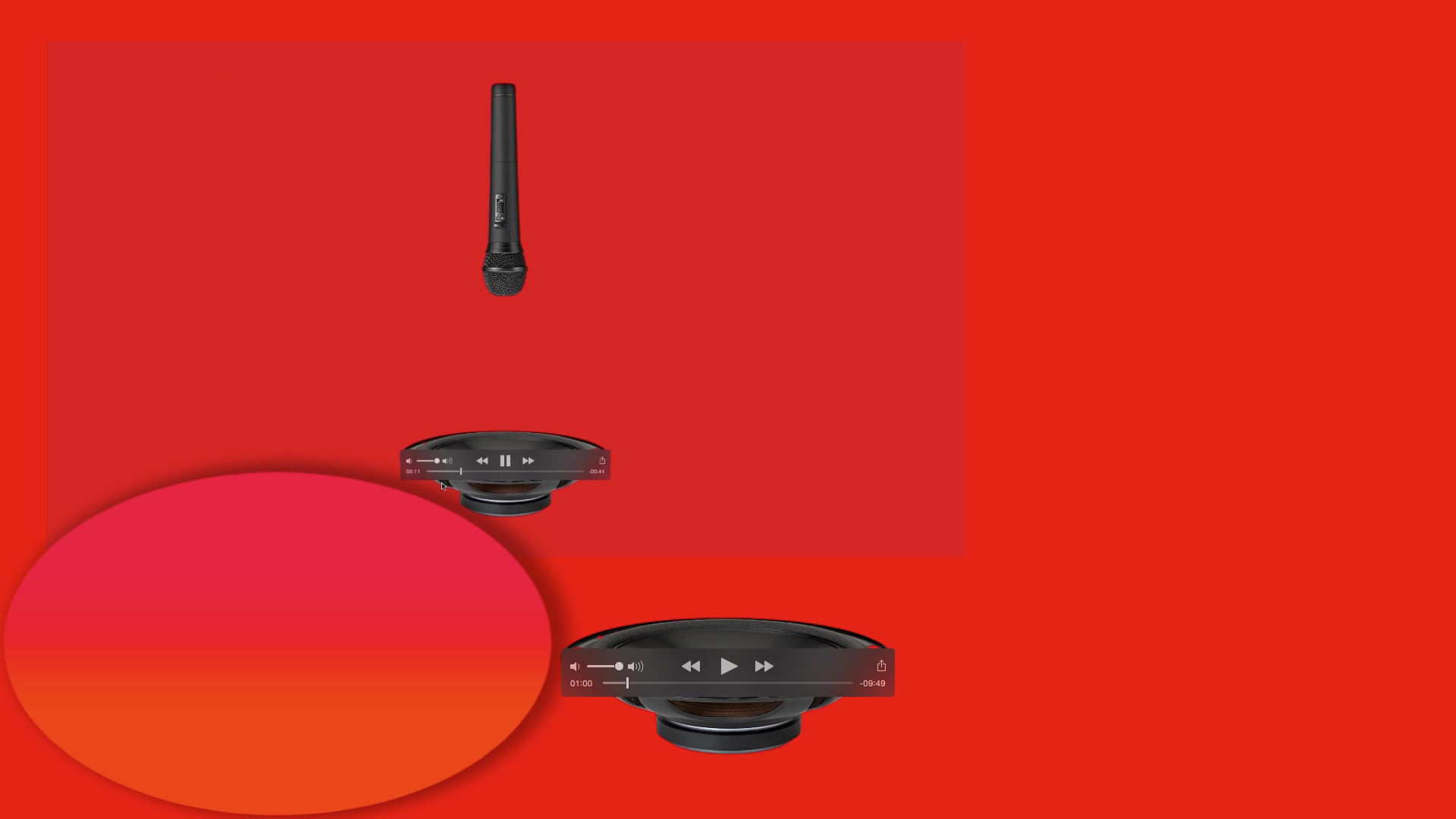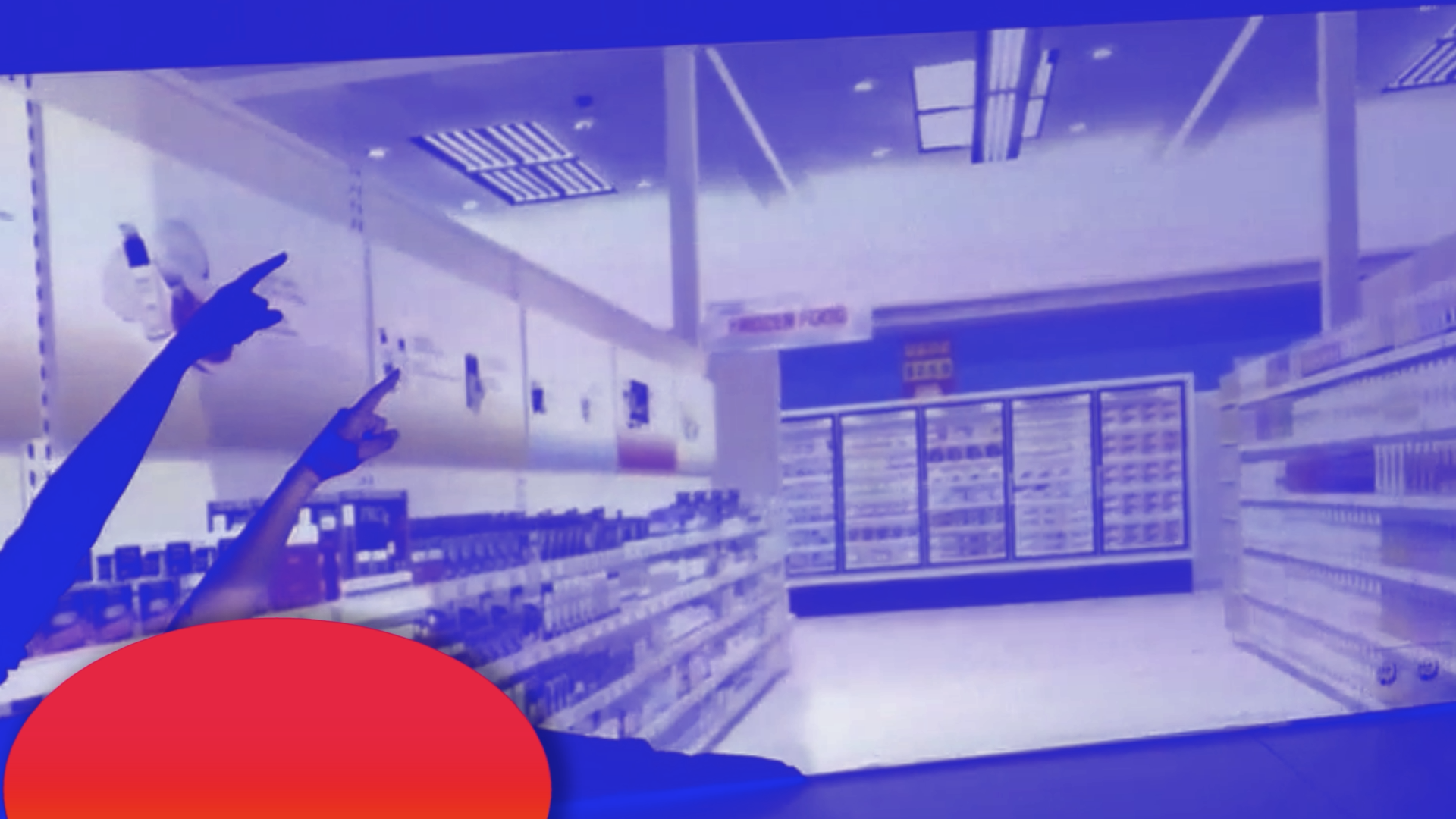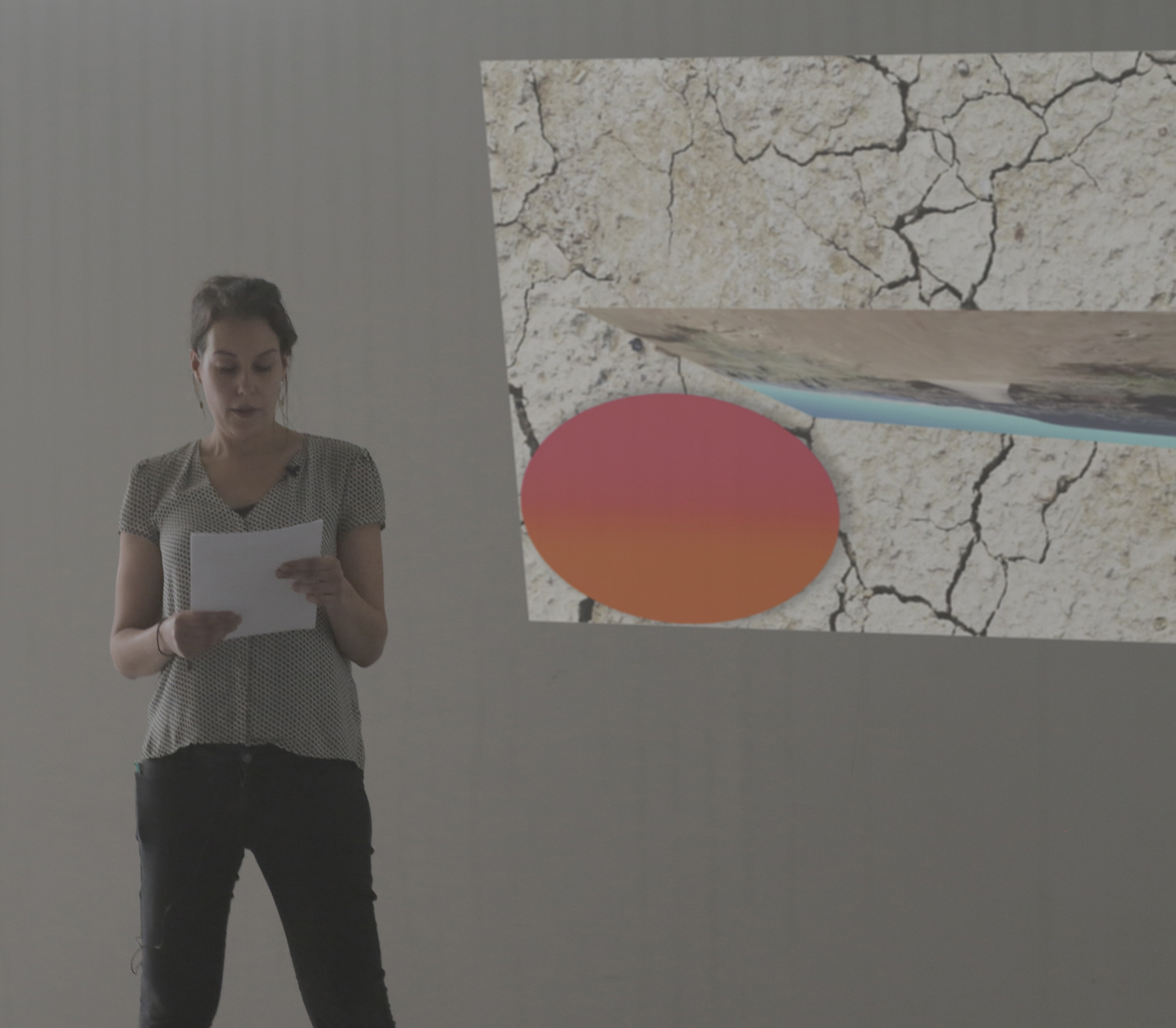
Still from Delusional Cause, single channel video, Full HD, 10'49''

Still from Delusional Cause, single channel video, Full HD, 10'49''

Installation view of Delusional Cause, single channel video, To Make A Work~Molecular Revolutions, Showroom, Arnhem, 2015, photograph by Maria Barlasov
'Curiosity, or love of the knowledge of causes, draws a man from consideration of the effect, to seek the cause, and again, the cause of that cause. Till of necessity he must come to this thought at last, that there is some cause whereof there is no former cause'. - Thomas Hobbes, 'Leviathan', (1651).
This quote from Thomas Hobbes is about religious belief, and the uncaused invisible power is God, as projected by men who, in Hobbes' formulation, stand in awe of their own imaginations. But where can our curiosity take us today, when it comes to capital? How to criticize the intelligible? And how not to transmute into paralyzing awe?
'What one might call the tragedy of human concept formation lies in the fact that the higher concept, which through its broadness embraces a growing number of details, must count upon increasing loss of content.' -Georg Simmel, 'Philosophy of Money', (1900).
'Feedback occurs when outputs of a system are 'fed back' as inputs as part of a chain of cause-and-effect that forms a circuit or loop. Causal reasoning about a feedback system is tricky, because the first system influences the second and second influences the first, leading to a circular argument. And when the parts rise to even as few as four, if every one affects the other three, then twenty circuits can be traced through them. And knowing the properties of all the twenty circuits does not give complete information about the system'. - Karl Johan Åström and Richard M. Murray in 'Feedback Systems: An Introduction for Scientists and Engineers', (2010).
Roughly there have been two major mechanisms in history to provide the social synthesis. The first one is the 'traditional', wherein the nature of productive activities creates the division of labour and the distribution of fruits. Secondly, there are market societies, in which the social synthesis is mostly delegated to the laws of supply and demand, balanced by the mechanism of prices. In a market society the social synthesis is rather the side effect of local economic decisions about production and consumption, than generated by a coherent vision or will.
According to the German economist and philosopher Alfred Sohn-Rethel in his critique on epistemology, (1977): 'The necessary separation and mutual exclusion of use and exchange, makes abstract reasoning possible. It creates two different natures in the same spatiotemporal reality.' So he grounds the conceptual categories that Kant identifies as a priori in social history. An example from his book: it is not the physical oneness of objects, or their indivisibility, or their uniqueness on a quality level that makes it impossible for them to be owned simultaneously by two people in separate ownership. It is the singleness of their existence in this social reality, which we experience as a single world, which is common to all private selves, that constitutes the form of their exchangeability. If we take Sohn-Rethel seriously, abstraction precedes thought. And conceptual thinking does not spring from the human mind, but from the social act of exchange. Although it might feel counterintuitive, it actually makes perfect sense for social reality to come first. So capital's concepts like infinite time and space are limited horizons and fetishes of scale and precision that smooth over the world's contradictions. Which is of course very useful, to a certain extend, but it also is the reason why today we see science getting away from our control, as our political and economical systems get inhumanly fast and complex. And in order to criticize capital, we need to unravel the tangled web of relations between man and machine, between society and science, between head and hand, use and exchange, private and social.
Alberto Toscano and Jeff Kinkle in their book 'Cartographies of the Absolute' from 2015, emphasize that today with GPS and Google Maps we are more than ever used to images from a God's eye-view. A vertical scaling up and scaling down that depicts knowledge as an overview . But what do these maps tell us about the intelligibility of political economy and social conflict? The map gives a misleading overview that projects delusions of stability, safety and extreme mastery. It is capital that creates the effect of wholeness, while mapping disorients under the banner of orientation . It feeds our encompassing will-to-know, when in fact it doesn't supply any knowledge.
Mapping the economy suggests a virtual external point from which to grasp and navigate and is thus a kind of transcendence, painfully disrupted from immanence. According to Evgeny Pashukanis in 'International Law', (1925): even if we were able to end the exploitation and expropriation of surplus value, we would still not be able to end the injustice that exist in the domination over social relations by the abstraction of value. Since the distribution would still be governed by the same principle as the exchange of commodity equivalents: the domination of a standard labour, which bears inequality of capacity, productivity, intensity, etc. The equal right is itself unjust for it can only consist in the application of an equal standard to unequal individuals.
On the aesthetic level, activities of modelling and diagramming such as used by economics, are representational in a counter-intuitive sense, because they break with a model of representation as mirror, photograph, or correlation between signifier and signified. As representations of practically-abstract processes and relations, they are also representations of invisibilities. The mapping or figuring of capital is not a question of accuracy or resemblance, but constitutes a kind of force-field in which our conceptions are put to the test. Representation no longer needs to refer, in the sense of being physically mappable onto the outside world. If we take Sohn-Rethel's abstractions seriously, a bold diagram is actually more adequate than a precise map.
So where can our curiosity take us when it comes to capital? We need to think through the abstraction and not of revolutionary prospects. The blindness of the interior is a pre-condition of perspective. Overview is a fantasy. We need artistic practice that searched for forms that are adequate to our moment, in order to reiterate the fertile tension between totalization and fragmentation, clarity and opacity, overview and oversight. We need to treat reality as a fiction. For fiction is a condition of truth. Be as speculative as capital is. Make images as a construction, in the same way as a well-planned city possesses a certain 'imageability'.

Delusional Cause, lecture presentation, Do The Right Thing, Showroom, Arnhem, 2015, photograph by Silvia Ulloa Marquez